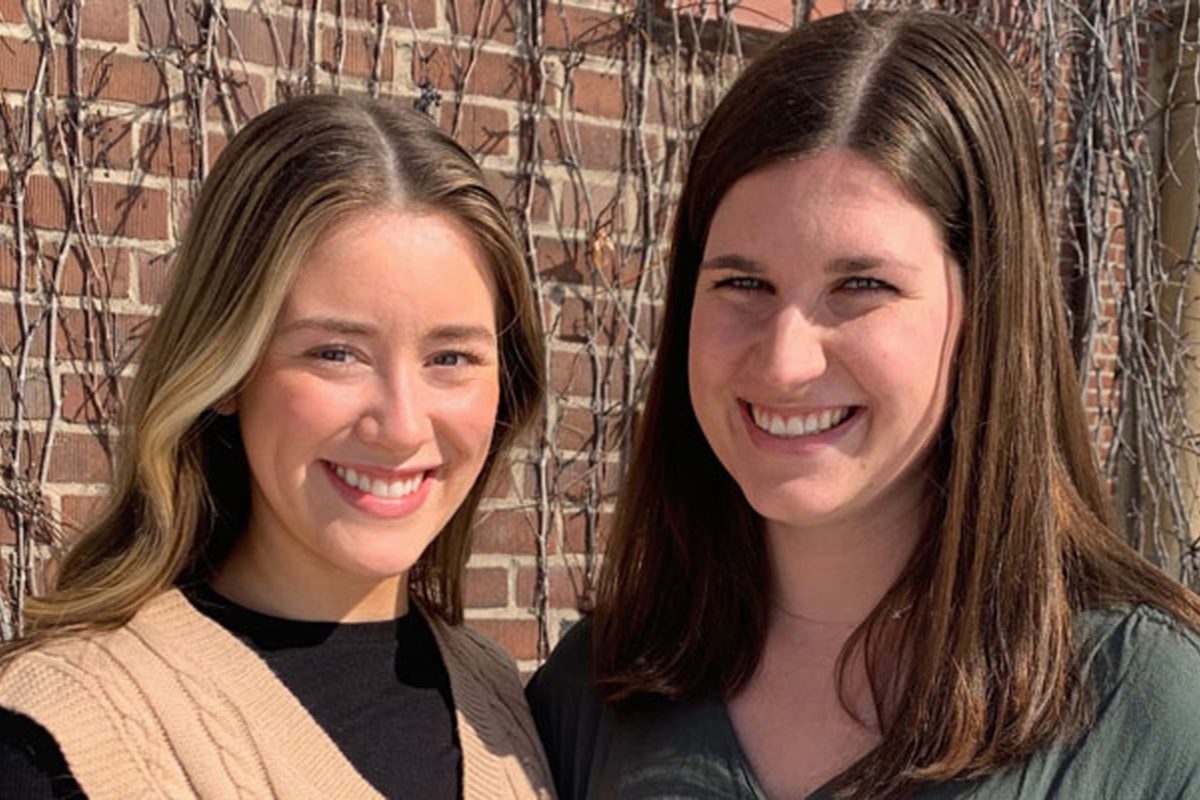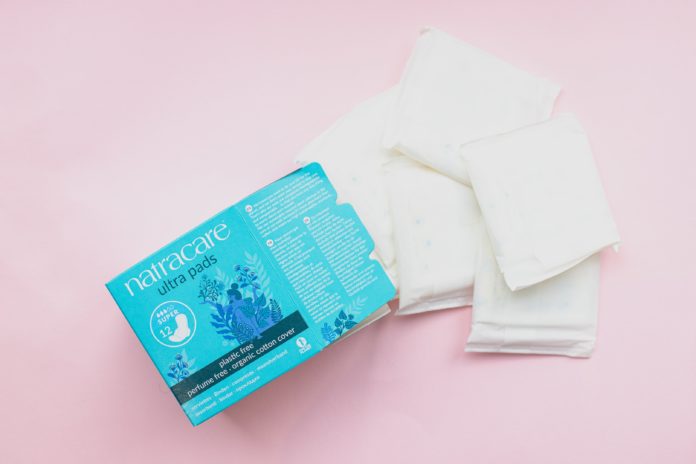The University of New Brunswick Menstrual Health Society ordered 15 menstrual product dispensers to be placed in primarily gender-neutral bathrooms across campus. These dispensers will be free to students and the society has 55 volunteers who will ensure the dispensers are stocked throughout the year.
Caroline Stephen, a fifth-year University of New Brunswick student, was in the Harriet Irving Library when her period unexpectedly started. She searched the library washrooms for menstrual product dispensers but when she couldn’t find one, she walked to the campus pharmacy to buy a full box of tampons.
“That situation got me thinking ‘what the heck, why are period products so inaccessible in such a commonly-used student building?’” said Stephen. “[I] started reaching out to stakeholders within the university to get a sense of … what could be done.”
After this realization, she talked to Kate Palmer, a second-year student who ran for women’s representative on the UNBSU to adopt the initiative as her official project. Together they became co-chairs of the UNB Menstrual Health Society in June 2021.
“We got to the right people in leadership with the university and had a meeting with them. They felt it was a great pilot project [and] saw potential in it being successful,” said Stephen.

Stephen said the society serves “all menstruating populations” and hopes to track menstrual product usage and statistics that will make the venture worthwhile for other universities like St. Thomas University and UNB Saint John.
They are also planning donation drives, partnerships with local menstrual health organizations and workshops on menstrual product sustainability for campuses that showed interest in the society’s vision, like STU.
“Now that we have established a ratified society for UNB … there’s a lot more menstrual health-related initiatives we can pursue,” said Stephen.
Palmer said she heard from society volunteers that negative social experiences surrounding menstruation happen a lot in classroom settings.
The society’s Facebook page hosted a period-related contest that got around 35 submissions of student stories recounting their first period.
Palmer also shared information about menstruation, like “period poverty,” which is the practical and financial inaccessibility of period products.
“Having missed school because of [menstruation] blows my mind because it’s just a natural thing that happens to us. It should never affect your studies,” said Palmer. “That’s something we really want to fix.”
Other society initiatives include social media fundraisers, posters and giveaways that are unrelated to menstrual health but might expose people to the society’s mission.
The society aims to introduce menstruation into casual conversations.
“It shouldn’t feel weird to talk with somebody about your period in public and [have] other people hear,” said Stephen.

